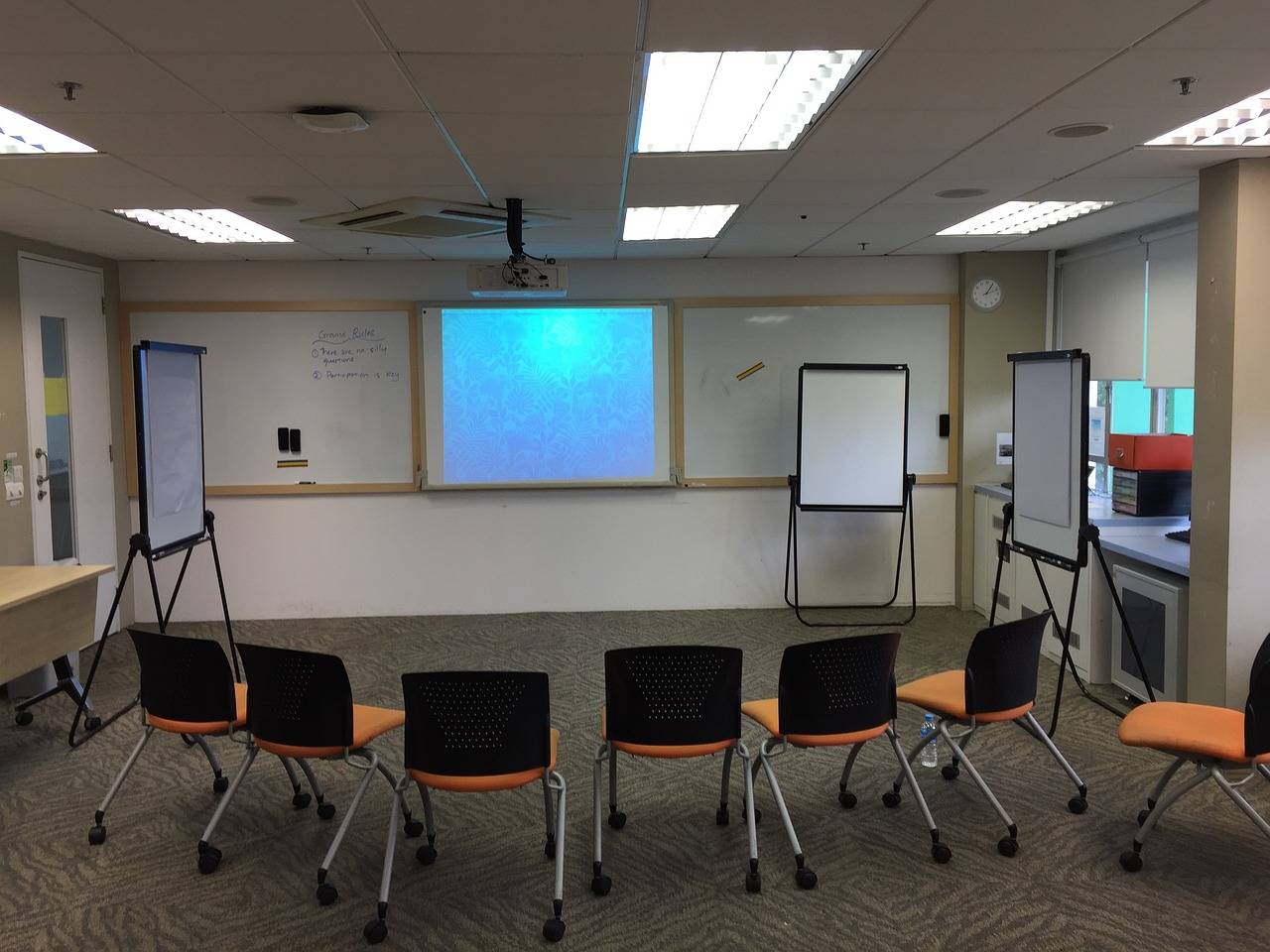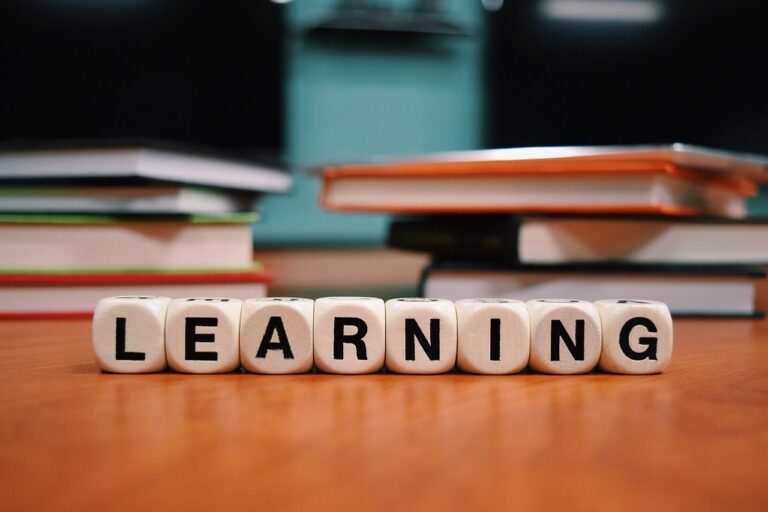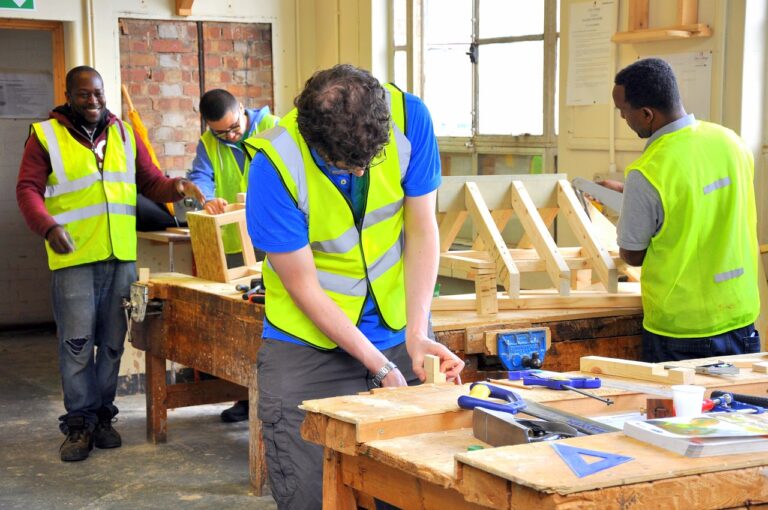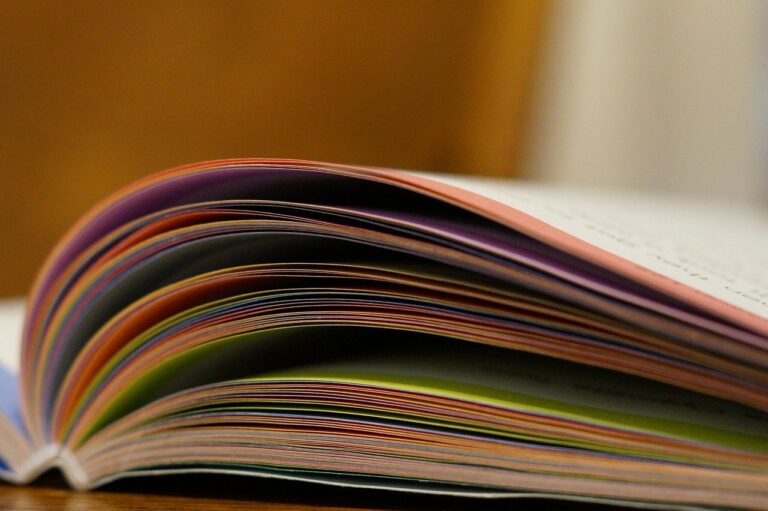Exploring the Benefits of Experiential Learning in Media Studies
One of the key advantages of engaging in hands-on experience within the realm of media studies is the opportunity for students to actively apply theoretical knowledge in practical settings. By immersing themselves in real-world media projects, students can gain a deeper understanding of how concepts learned in the classroom actually function in professional environments. This hands-on experience fosters a sense of confidence and competence among students, preparing them for future careers in the media industry.
Moreover, hands-on experience in media studies allows students to develop a range of technical skills that are essential in today’s digital age. Through practical projects, individuals have the chance to enhance their abilities in areas such as video production, editing, graphic design, and social media management. These technical competencies not only enrich students’ academic journey but also equip them with valuable tools that can be applied in diverse professional settings within the media landscape.
Real-world application of theoretical concepts
Studying media theories equips students with a solid foundation of knowledge about various communication concepts. However, the true test of understanding occurs when these theories are applied in real-world scenarios. Through practical experiences, students get the opportunity to see how these theoretical concepts function in the dynamic environments of the media industry.
Engaging in hands-on projects allows students to bridge the gap between theory and practice, enabling them to develop a deeper understanding of how media theories are utilized in actual settings. By immersing themselves in real-world situations, students can observe firsthand the complexities involved in implementing theoretical concepts and adapt their knowledge to suit different challenges they may encounter in their future careers.
Enhanced critical thinking skills
Having the ability to think critically is a vital skill that can greatly benefit individuals in various aspects of their lives. When it comes to media studies, applying critical thinking skills is essential for analyzing and understanding complex media texts. By honing these skills through hands-on experience, students can learn to evaluate information and media content more effectively.
Furthermore, engaging in practical media projects allows students to develop a deeper understanding of how theoretical concepts can be applied in real-world scenarios. This hands-on approach encourages students to think critically about how media influences society and shapes our perceptions. By actively participating in creating media content, students can gain a more comprehensive perspective on the impact of media messages and develop the ability to critically assess them.





